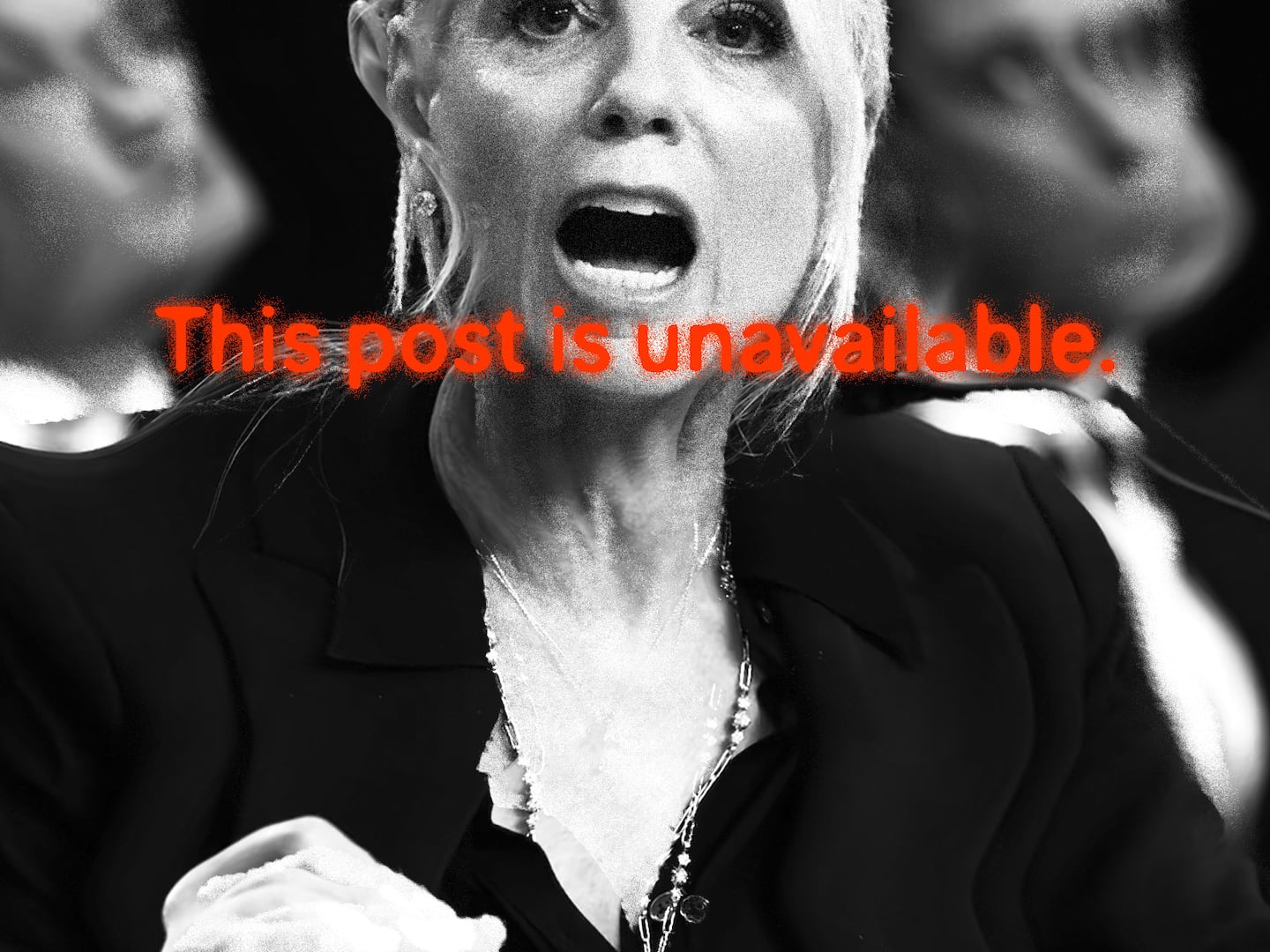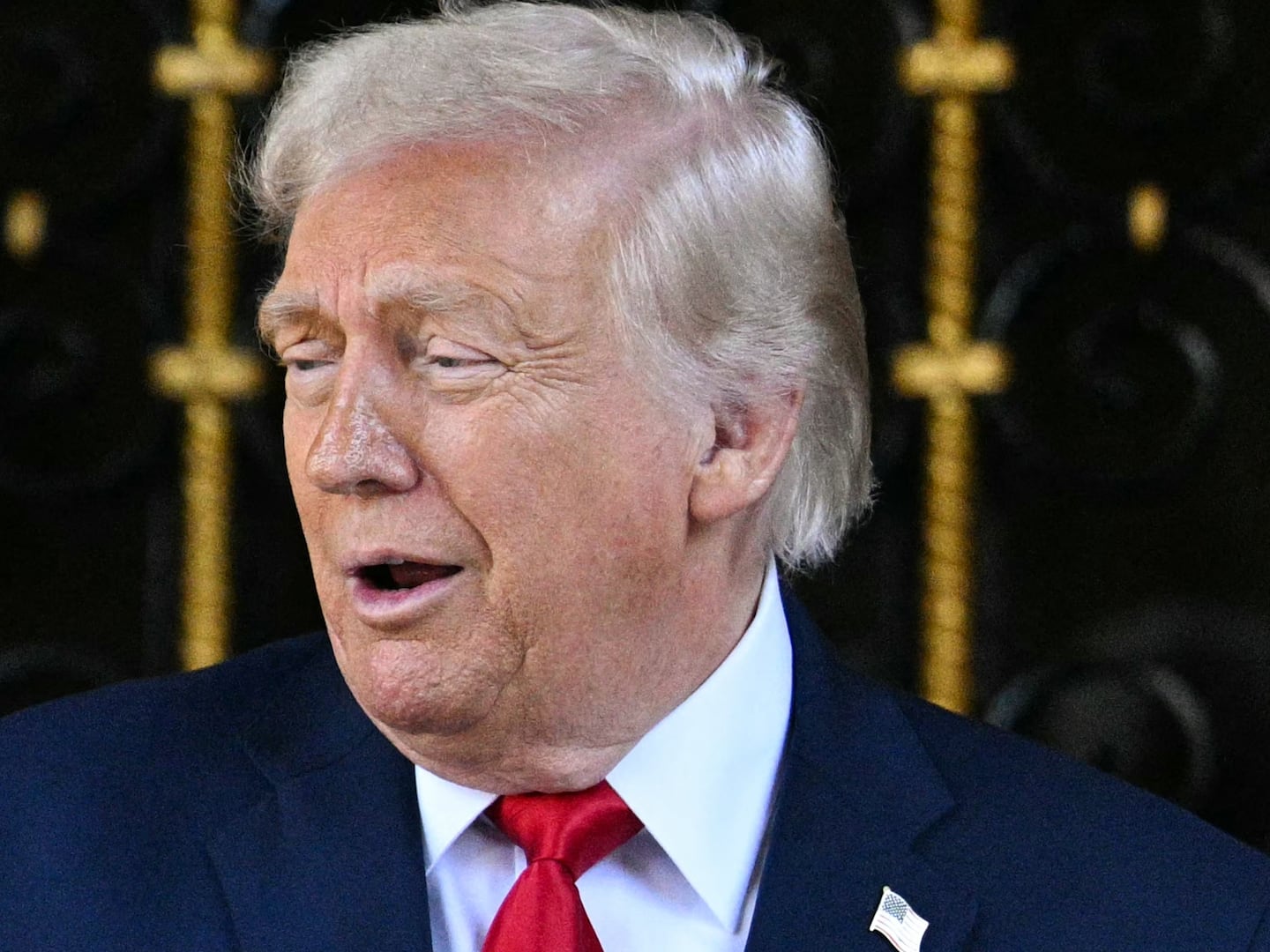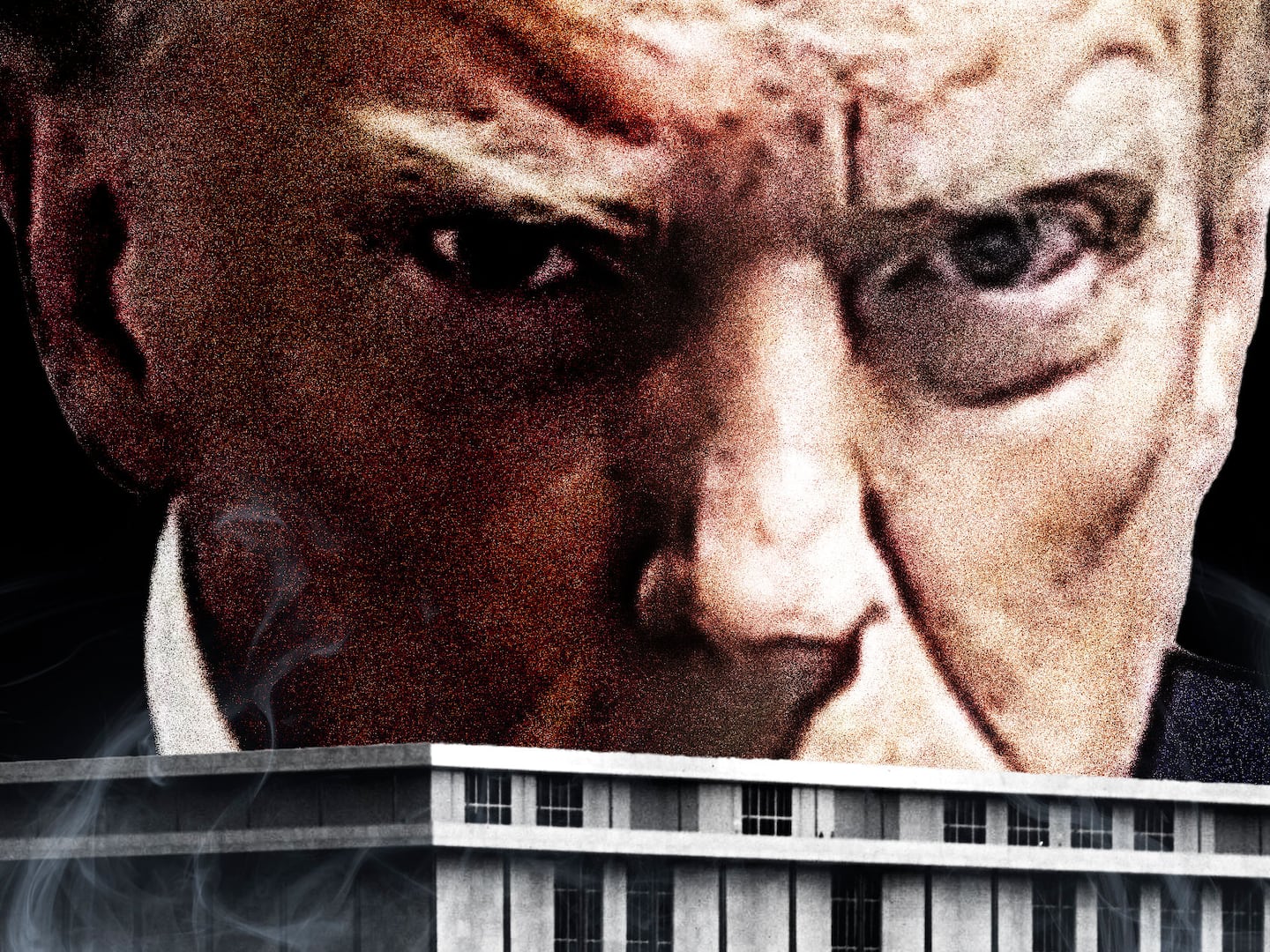"Fast and Furious" has all the makings of a classic summer Washington scandal. At least the kind that plays out in ritualistic fashion amid election-year partisan fury that generally generates more heat than light. This week's contempt vote against Attorney Eric Holder Jr. was a signature moment in the pseudo-drama. But if history is any judge, this "constitutional confrontation," as some have called it, will likely end up in a legal morass that does little more than further poison an already toxic political atmosphere.
So what, exactly, are the Republicans hoping to get from Holder? The attorney general has turned over thousands of pages of documents to the House Oversight and Government Reform Committee. Yet Chairman Darrell Issa has demanded many more—information that the attorney general has resisted providing, arguing that they relate to ongoing cases or internal Justice Department deliberations. Is this the typical kind of election-year shenanigans, when the party out of power can reliably be counted upon to bash the sitting attorney general? Or is a meaningful cover-up going on?
One clue: the House committee GOP’s chief investigative counsel demanded the scalp of a key member of Holder’s team as part of the rough-and-tumble negotiations, the Daily Beast has learned.
Fast and Furious, which started in 2009, was the misbegotten gun-trafficking operation in which agents of the Bureau of Alcohol, Tobacco, Firearms and Explosives allowed weapons to "walk," or flow to Mexican drug cartels in the hopes of busting higher-ups in the organization. As many as 2,000 guns were lost in the botched sting and two of them turned up at the sight of a shootout that cost the life of a U.S. border agent. The operation was run out of the U.S. attorney's office in Phoenix. No credible evidence has emerged showing that Holder had any knowledge of the controversial gun-walking tactic. Still, shortly after the gun-smuggling scheme run amok came to light, Holder quickly acknowledged that it was a disaster and ordered an internal investigation. After the House Oversight panel and its Republican chairman began investigating, the Justice Department turned over more than 7,600 documents related to the operation. But in February 2011, Justice also sent the committee an ill-considered letter claiming, inaccurately, that the weapons had not been "walked," based on what the ATF had told them.
The confrontation between Issa and Holder centers on additional documents relating to internal Justice communications about how to respond to the congressional probe.

From the start, Issa has invoked the death of Brian Terry, the Border Patrol agent who was killed in December 2010. The investigation, he said, would ferret out government responsibility for the tragedy. The case quickly became a cause celebre for conservatives, flogged in the right-wing media and all but ignored by the mainstream press. Holder, already a lightening rod to the base of the Republican party because of his association with some of the administration's most liberal policies, was a ready target.
But for Issa, a partisan warrior who has called Holder a "liar" and the Obama administration one of "the most corrupt" in history, there was always the risk of overreach. When he started to go down the road toward a contempt citation, the House Republican leadership began to show signs of nervousness. Some thought Issa needed to leave himself an escape route. In recent weeks he and his staff began negotiating with DOJ, looking for a way to head off the looming confrontation.
During a phone call last week with a senior Justice official, Issa's chief investigative counsel, Stephen Castor, broached a possible settlement. As the conversation began, according to two sources familiar with the conversation, Castor asked the official where things stood on "accountability." By that, Castor meant would any heads roll at Justice. Castor mentioned Lanny Breuer, the head of the department's Criminal Division, whom Republicans had been gunning for because of his knowledge of gun-walking techniques that had been used during the Bush administration. (Their theory was that Breuer should have taken aggressive steps to ensure that such measures were not repeated in future operations.) According to these sources, Castor said that if Breuer resigned, they could head off the looming constitutional clash.
But the Justice official, Steven Reich, an associate deputy attorney general involved in the Fast and Furious negotiations with Congress, rejected the offer, calling it a "non-starter."
Still, Castor’s gambit was seen by DOJ officials as evidence that Issa was more interested in drawing blood than getting to the truth.
"The reason that this contempt motion happened is that Issa didn't come up with any evidence and didn't get a scalp," says Matthew Miller, a close associate of Holder's and his former communications director. "When you set expectations that high and you don't deliver, you have to explain why."
A committee staffer familiar with the negotiations said the panel had a number of concerns, including ensuring that whistleblowers were adequately protected. But he did not deny the call for Breuer’s head. "One of the things the committee has been troubled by is that there has been a lack of accountability,” the source said. “Folks have not been fired. I'd be shocked if our staff hadn't had conversations with the Justice Department about Lanny Breuer and accountability."
Issa's close colleague, Sen. Charles Grassley (R-Iowa), who has been equally zealous on Fast and Furious, was blunt about his goal. "The only think I want out of this is somebody's scalp that approved this," Grassley said on Fox News earlier this month. "They should just have to get out of government and be held responsible . . . because their decisions led to the death of Terry."






